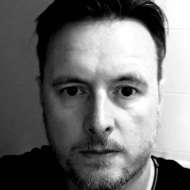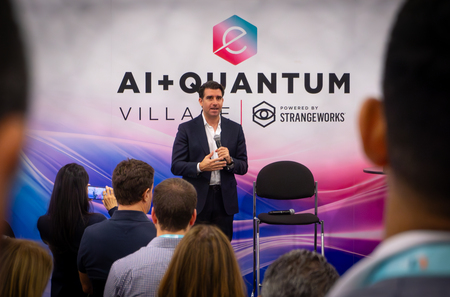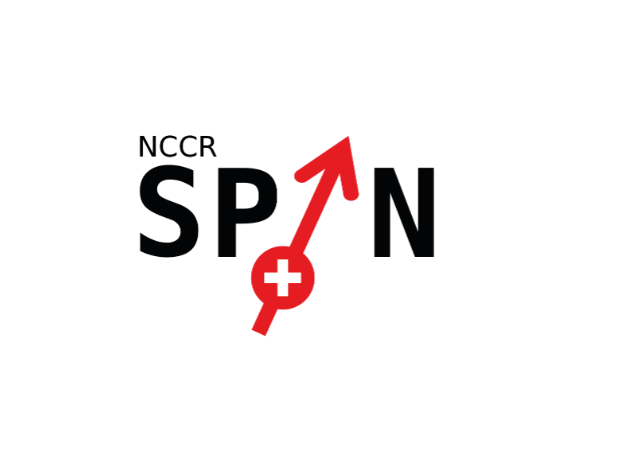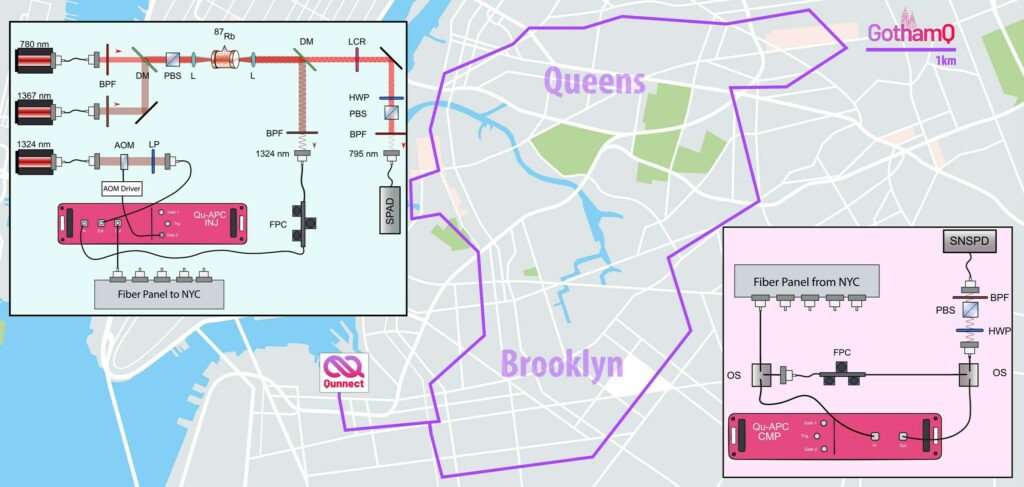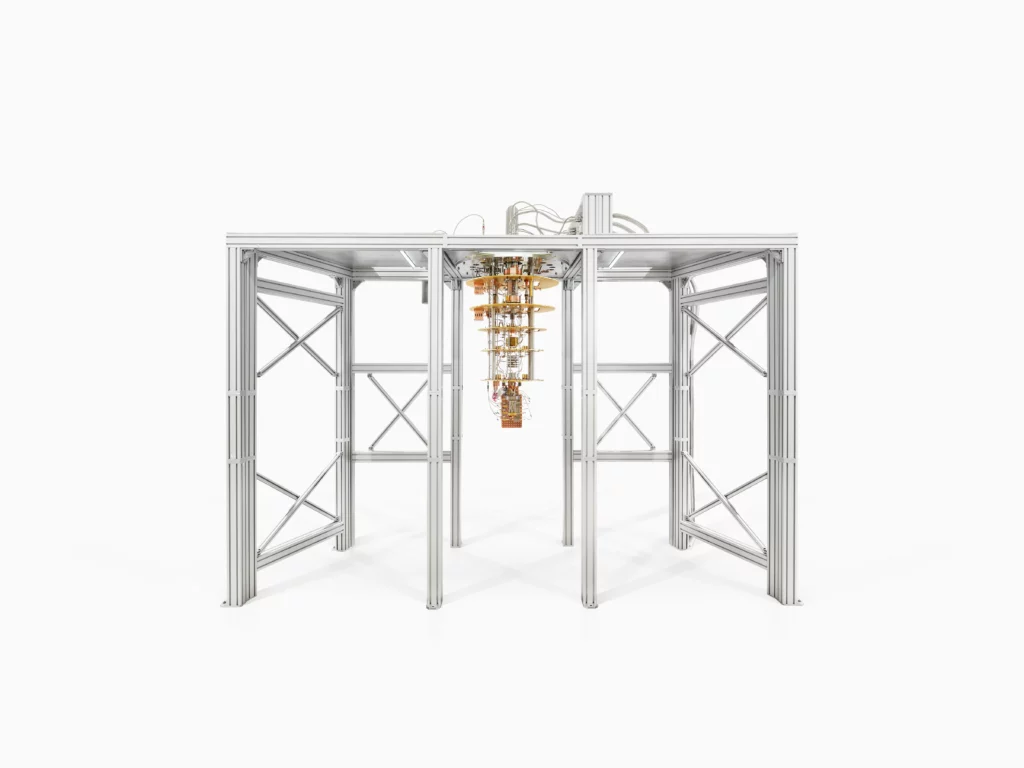
Programmers
The slow rise in popularity of quantum information science over the last decade or two has created a scenario where we will need to have a workforce capable of understanding and working with the quantum technology that’s just around the corner. As the industry opens up, and quantum computing (QC) becomes accessible to the general public, more engineers for the hardware and programmers for the software in quantum technology will join the quantum physicists and ancillary staff already involved in it. At present, the number of programmers trained in QC and all its applications is relatively small. Many working in it, though, have originally been trained on classical computer programs and just made the shift through online QC courses and programs run by the likes of IBM and Google.
As all this has been going on, startups have and are being established, trying to make a business of this scenario. Zapata Computing, QXBranch and 1QBit are just three of more than a dozen specializing in quantum algorithms at present, hoping their innovative solutions can serve numerous industries well.
And the number is set to grow.
One following its own path is Dutch QC startup Q1t BV. Founded in 2018 by Luc Bouten and Gé Vissers, the startup specializes in the development of new quantum algorithms and its fields of focus are quantum chemistry, quantum optics, and financial analysis.
Q1t BV
Its quantitative research approach in developing mathematical models and the software to align with these models. Part of this effort is being realized in a number of projects Q1t BV has running on quantum simulators and quantum optics. Its q1tsim, a quantum simulation library, is available on Github and has some of the following features:
— new gate types, which allow for simpler circuit descriptions.
— the ability to simulate measurements without disrupting the quantum state. This allows one to continue simulations with the state before the measurement.
— the option to re-run a circuit starting with the previous quantum state.
— a new stabilizer backend, allowing for the simulation of pure stabilizer circuits with thousands of qubits.
Q1t BV’s work in quantum optics by simulating an actual quantum optical interference experiment, based on a 2001 experiment and consequent paper Light interference from single atoms and their mirror images by Eschner et al, where a single Ba+ ion was held in a Paul trap in front of a mirror, has led to Bouten and Vissers, along with Ferdinand Schmidt-Kaler, to publish a paper in APS Physics entitled Quantum algorithm for simulating an experiment: Light interference from single ions and their mirror images.
In summary, Q1t BV is:
[…] able to model this setup, which involves a fully coherent feedback loop, in terms of a quantum circuit, that we simulated on our q1tsim simulator. By reusing qubits in the simulation, the circuit required no more than six qubits to succesfully reproduce the interference pattern that was observed experimentally. Furthermore, we were able to show the effect of the back-reflected light as a function of the ion-mirror distance on the emission rate of the ion itself.
From this, the pair are convinced the circuits they ‘present are ready to be implemented on actual state-of-the-art quantum computers that are able to re-initialize qubits’.
Bouten, who has a Ph.D. in mathematical physics in the field of quantum optics, also has industry experience with work as a software engineer, senior design engineer close to a decade as project manager He has spent time prior to all this as a post-doc at Caltech at the quantum optics laboratory of Hideo Mabuchi.
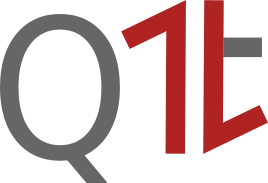
His founding partner Gé Vissers, meanwhile, has a Ph.D. from Radboud University Nijmegen in theoretical chemistry. Like Bouten, he did post-doc work stateside at the Theoretical Chemistry group of Anne McCoy at Ohio State University. Additionally, he has worked as a software engineer and architect, though mainly in the aviation sector.
For a more detailed overview of their work, please visit the startup’s Github repository.








